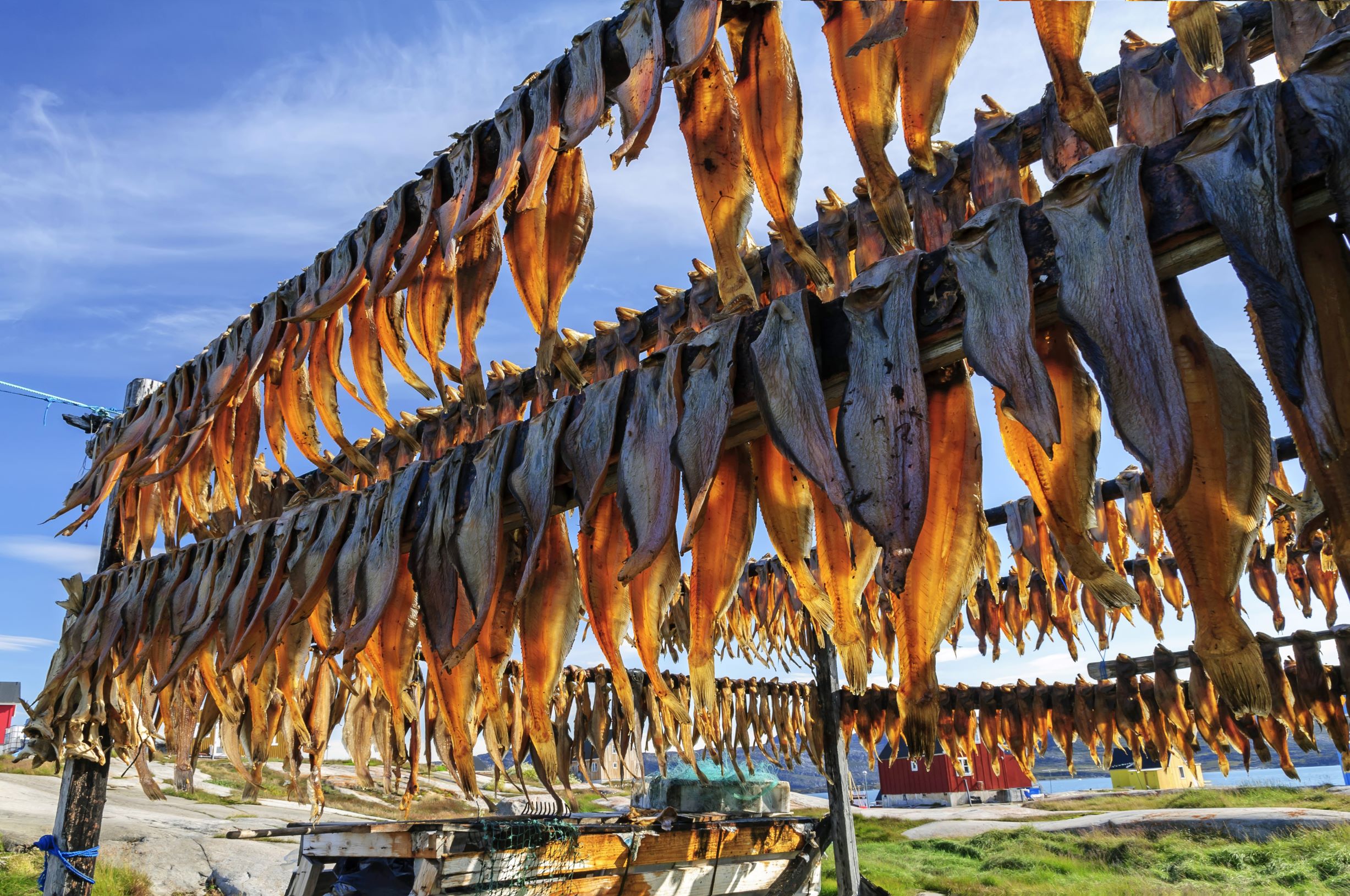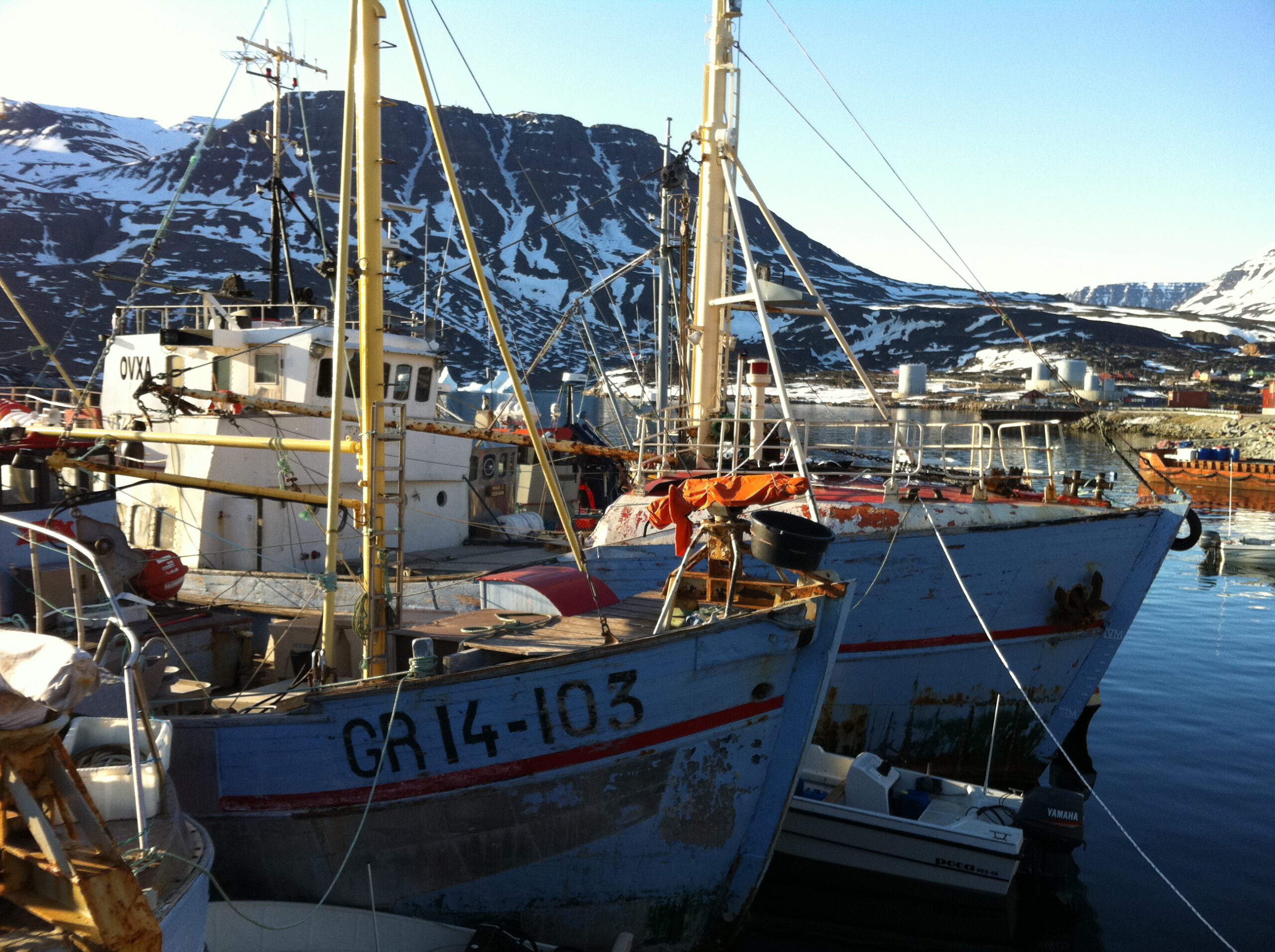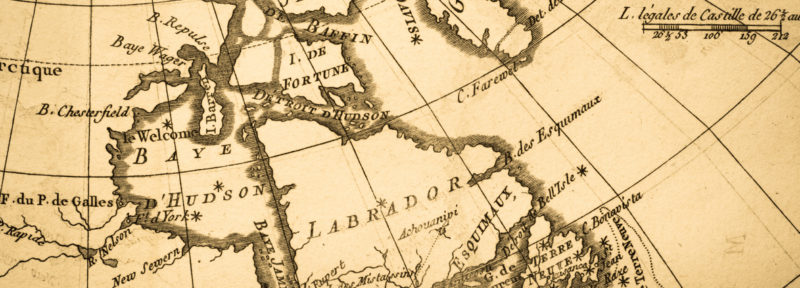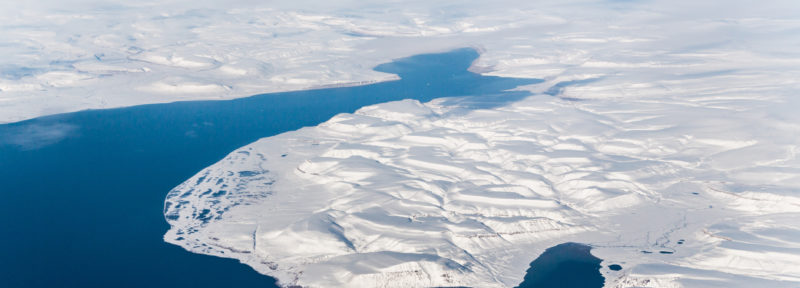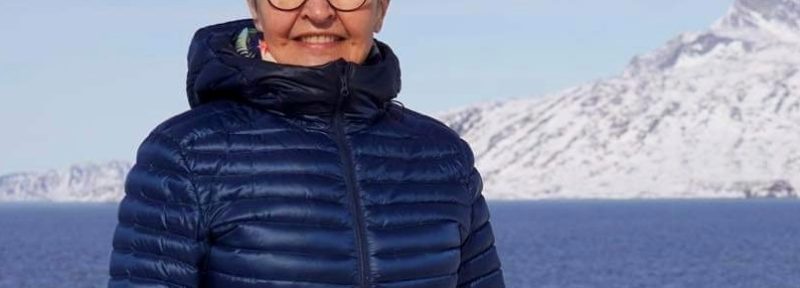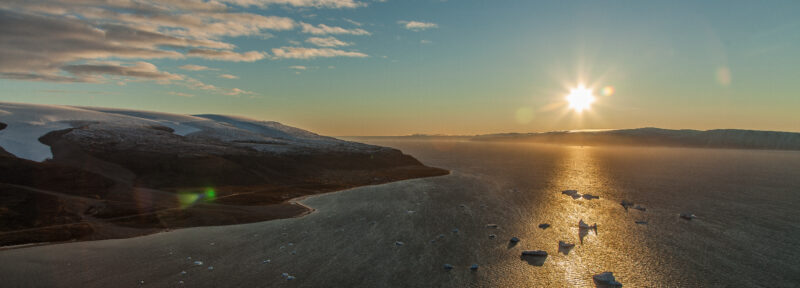Sustainable Fisheries Vital to the Future of Greenland’s Coastal Communities
Greenland halibut drying in Oqaatsut, Greenland.
Ilitariyauyuq: Francesco Dazzi
In western Greenland, fisheries provide the economic foundation for coastal communities. However, the sustainability of these fisheries is in question, the most important of which is Greenland halibut. To address this concern, Oceans North has submitted recommendations this week to Greenland’s Fisheries Commission that is studying the future social and economic sustainability of the inshore fishery.
Out of concern for the future of the fishery, Oceans North hosted a meeting in Ilulissat in 2017 where all the major companies and organizations in coastal fishing for halibut were represented including: Kalaallit Nunaani Aalisartut Piniartullu Kattuffiat (KNAPK), Sinerissap Qanittuani Aalisartut Piniartullu Kattuffiat (SQAPK), the Department of Fisheries and Hunting, Greenland’s Fisheries License Control Authority, Greenland Institute of Natural Resources, Qaasuitsup Kommunia, Royal Greenland and Greenland Halibut. All of the participants in the meeting signed a statement stressing the need for sustainable management of the halibut population with the intent of ensuring that this important resource is preserved for future generations.
In 2019, Greenland established the Fisheries Commission to recommend changes to fisheries law and management so that basic principles of sustainability are upheld. In recent years, fisheries quotas have been set above scientific advice and the number of licenses awarded has increased by 78 per cent over the last three years.
Fishing vessels docked in Qaasuitsup, Greenland.
Ilitariyauyuq: Oceans North
Based on the 2017 meeting, advances in fisheries management, as well as inshore declines in population assessments, Oceans North has submitted detailed recommendations to the commission for consideration. Briefly, these recommendations include:
- Follow scientific advice and use local knowledge when setting annual catch allocations.
- Limit any further increase in licenses, until such time as a management plan based on sustainability can be developed and implemented.
- Protect nearshore habitat (within 12 nautical miles) and offshore areas identified as having fragile seafloor communities from bottom trawling.
- Undertake a socio-economic assessment to better understand the impact of potential future fisheries on community economics.
- Advance opportunities for sustainability measures through international cooperation, given that the Greenland halibut stock is shared with other countries in the Northwest Atlantic.
Oceans North has expressed its willingness to engage with fisheries participants, and bring relevant knowledge and experience to similar dialogues with communities in Arctic and Atlantic Canada and with Canadian fisheries management authorities.
Read Oceans North’s letter to the commission here:
Oceans North Letter to Fiskerikommissionen in Greenland (EN)
Oceans North Letter til Fiskerikommissionen i Grønland (DA)
Oceans Northip Kalaallit Nunaanni Aalisarnermut Ataatsimiititaliarsuarmut allagai (GRL)
Søren Stach Nielsen is acting Greenland projects director for Oceans North and is based in Nuuk.

